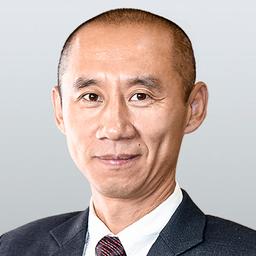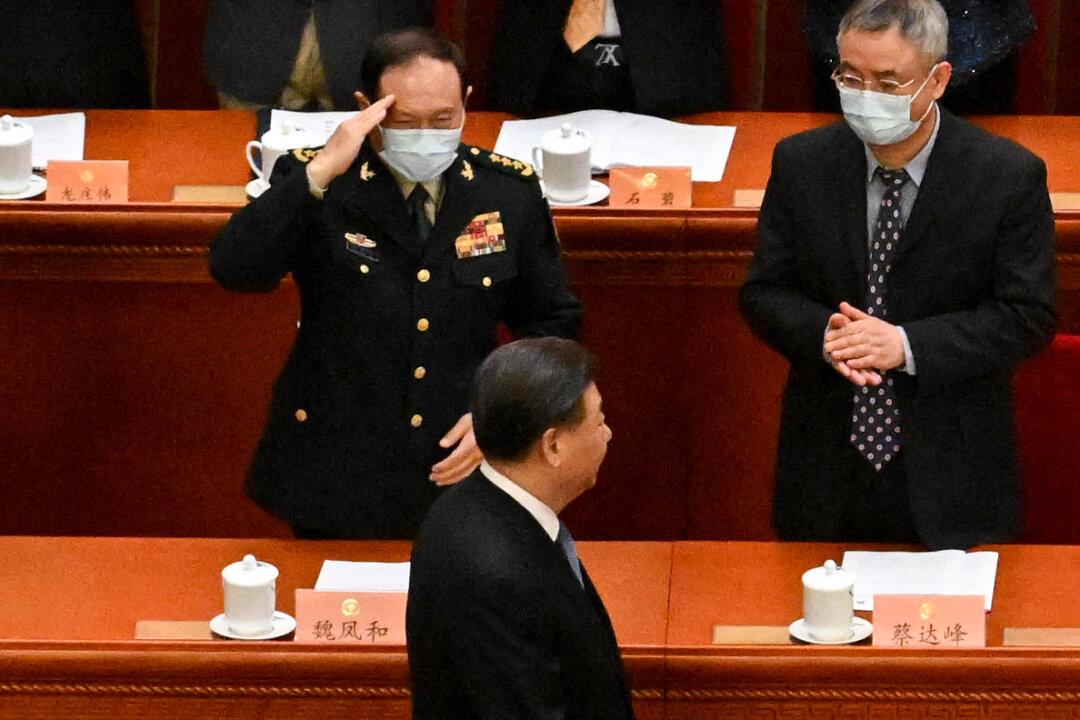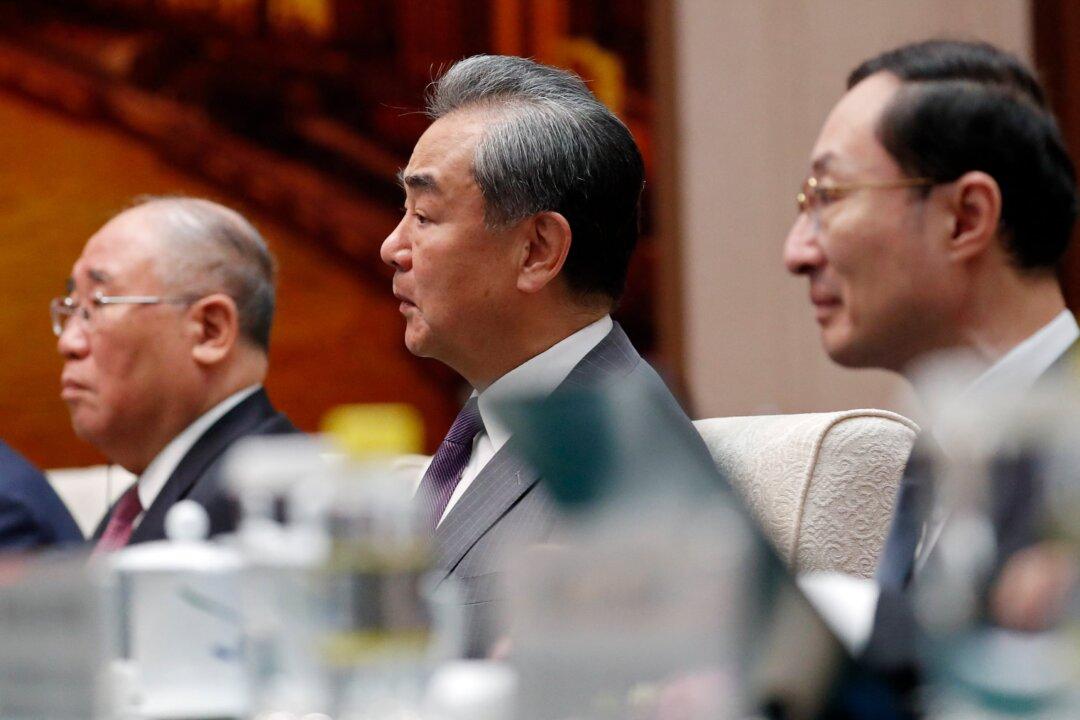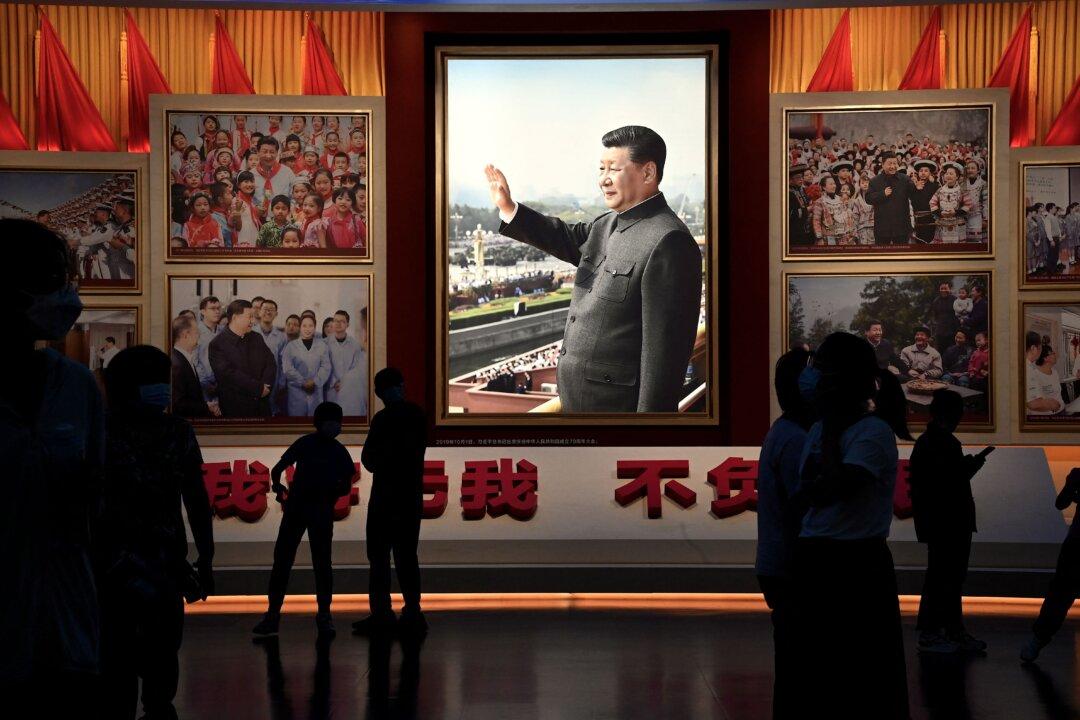Since Xi Jinping became Party leader in 2012, one of his goals has been to reorganize and take direct control of the Chinese Communist Party’s (CCP) secret service system. This includes the Ministry of State Security, the military intelligence system, and the United Front Work Department (UFWD).
Xi’s reorganizing efforts have been repeatedly stalled by senior rivals within the political faction of former leader Jiang Zemin. The secret service system is dominated by officials in Jiang’s faction from top to bottom, making it difficult for Xi Jinping to intervene, a situation that continues to this day. A new course of action has taken place recently.





